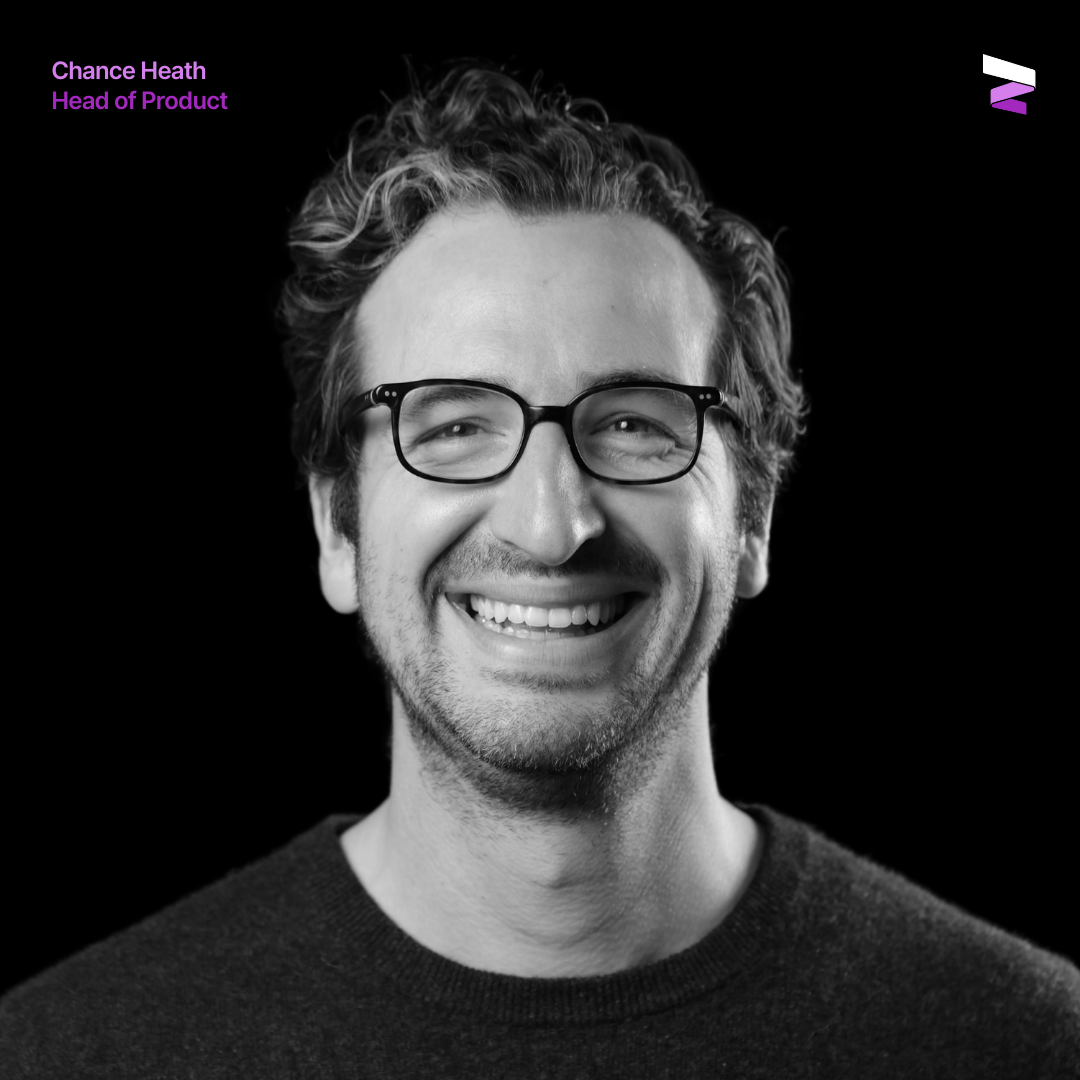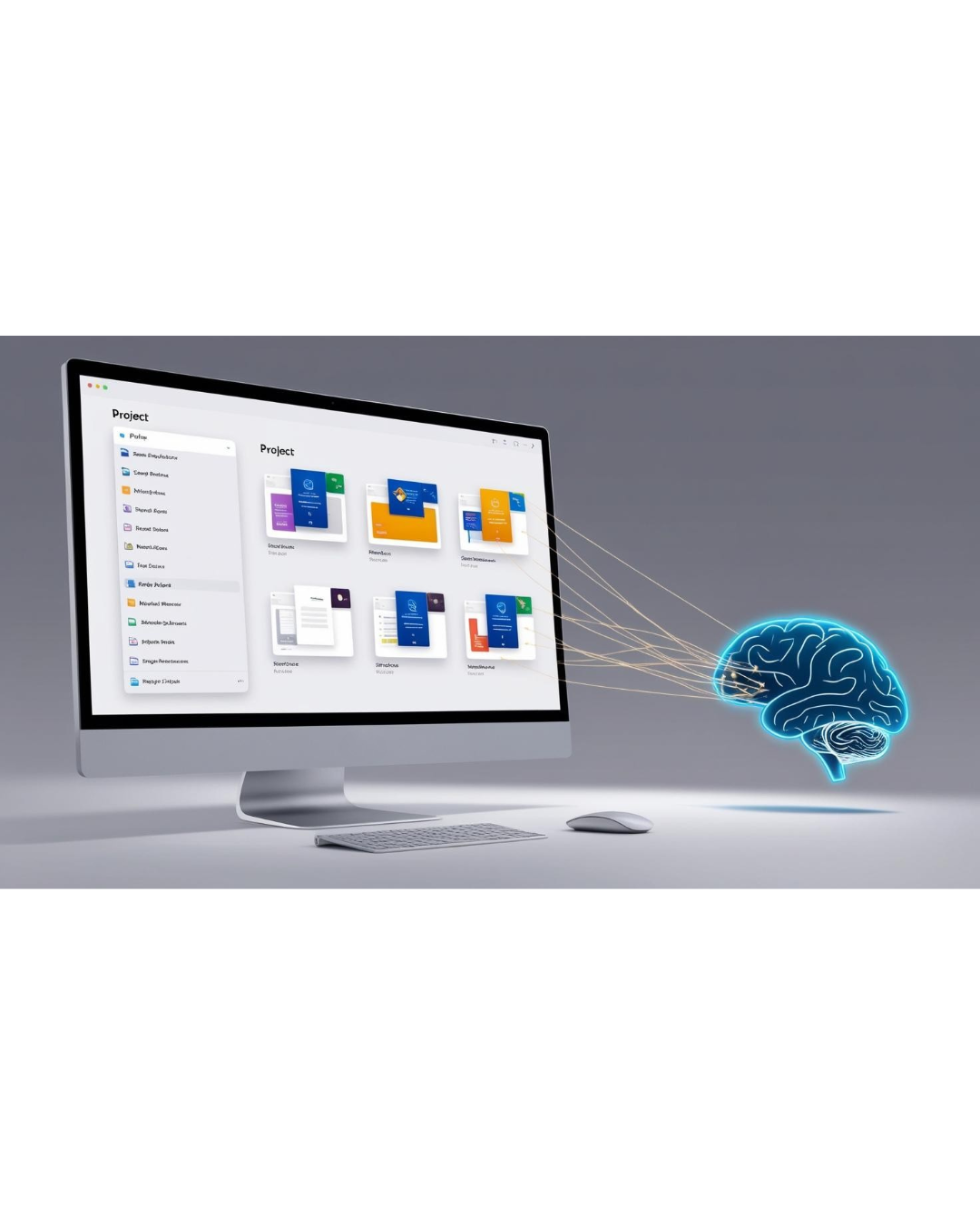In today’s fast-paced, AI-bot explosive world, productivity is hailed as our ultimate goal. We’re constantly encouraged to do more, faster, and more efficiently. And we inundate our teams with tools and apps to help them achieve just that. But what if we’re focusing on the wrong thing? What if, in our never-ending quest for productivity, we’re inadvertently limiting our own potential? Maybe it’s time to step back, reassess what’s really going on, and take a different approach towards not just efficiency but human capacity.
The Illusion of Progress
In our endless quest for productivity, we often fall into the trap of mistaking busyness for genuine progress. Traditional productivity models emphasize the completion of tasks like crossing items off a to-do list, meeting deadlines, and juggling multiple projects. In fact, many of the ways in which we measure productivity in our organizations is by looking at task completion rates, time spent on tasks, and the number of tasks completed. The focus on Inputs and outputs might seem logical at first glance.
This method of measuring productivity may be appropriate for manufacturing roles or in call centers - output is quantifiable and repetitive so tracking the number of products assembled or calls handled can provide a clear picture of efficiency. But this approach falls short when applied to knowledge workers - professionals whose value lies in their ability to innovate, solve complex problems, and drive growth.
For these folks productivity should be measured not by the volume of tasks completed but by the impact and quality of their work. Otherwise, we risk creating a culture that values busyness over meaningful contribution.
Cal Newport, in his book, Deep Work, describes this type of busyness as “shallow work” - tasks that give the appearance of effectiveness but often result in surface-level activity that doesn’t contribute to significant progress.
This creates an illusion of progress where the sheer volume of work can mistakenly feel or look like forward momentum, but in reality we may be just spinning our wheels, swirling in place, without any meaningful advancement.
The problem with shallow work is that it prioritizes quantity over quality. It encourages us to stay busy - constantly reacting and executing - rather than engaging deeply with the work that matters.
This constant juggling can lead to cognitive overload, where the constant switching between tasks and contexts hinders our ability to think clearly and make effective decisions. The result? Burnout, inefficiency, and a lack of meaningful progress.
What we really need is deep work. The kind of focused work that allows us to tap into our creativity, solve problems, and unleash our full potential. Focused work that increases our human capacity.
But that type of work is so incredibly hard when the way we work today involves dozens of apps and tools, on multiple devices, with scattered information that’s all screaming for our attention and coordination.
So how do we do it? How do we enable knowledge workers to focus on deep work? How do we increase human capacity?
The Real Goal: Expanding Human Capacity
Human capacity is about unlocking our potential for creativity, imagination, and the deep work that truly fulfills us. It’s the focused, meaningful work that not only drives individual satisfaction but also fuels innovation and growth within organizations. This is the kind of work that allows us all to thrive, not just survive.
Cal Newport has provided valuable strategies to help us achieve this level of focus and true productivity to help us unlock our own human capacity. Things like eliminating or minimizing distractions, dividing time between deep work and other tasks, creating a habit of deep work by scheduling it consistently, or even fitting deep work into our schedules, even if in intense, short bursts. He also suggests creating rituals like having a set location and time to do the work, closing browser tabs, silencing phones, turning off email notifications, and even making sure you have food and water/coffee on hand to keep you going during the work.
But Why Stop There?
While these strategies are powerful, they’re still essentially hacks - ways to manage within the constraints of our current digital environment. The question we need to ask is: Why are we still relying on workarounds? Why not address the root of the problem - the chaotic, fragmented digital environment itself.
We don’t need new tools. We need a new environment. We need an Organized Work Environment that supports human capacity, allowing deep work to become the norm rather than the exception. This is where Reframe comes in.
Introducing Reframe
At Reframe, we’re not just building another productivity tool. We’re creating a transformative environment designed to elevate human capacity. We’re building a new Organized Work Environment (OWE) that integrates context from all your disparate apps, reduces cognitive load, and naturally supports deep, meaningful work. Unlike traditional tools that require constant context switching and distraction management, Reframe allows you to engage in your most important work without battling against the chaos of a fragmented workspace.
This environment is centered around enhancing human capacity, focusing on what truly matters to YOU. It’s not about doing more tasks - it’s about doing better work, ensuring that your most valuable efforts receive the attention they deserve, leading to greater creativity, satisfaction, and success.
From Traditional Productivity to Human Capacity
The journey from focusing on traditional productivity to unlocking human capacity (true productivity) is about moving beyond surface-level efficiency. Productivity, as it’s traditionally measured, keeps us in a loop of busyness and shallow work. Expanding human capacity is about creating the space and environment for deep, creative, and impactful work.
Reframe represents the future of this shift, the future of work, providing the tools and environment necessary to transcend mere productivity and unlock the full potential of human creativity and innovation. By addressing the root problems in our digital work environments, we can finally move beyond the limitations of productivity and into a new era of human capacity.
Want to see for yourself? Sign up now to get early access.
-1.png)



